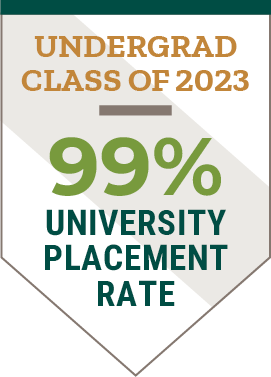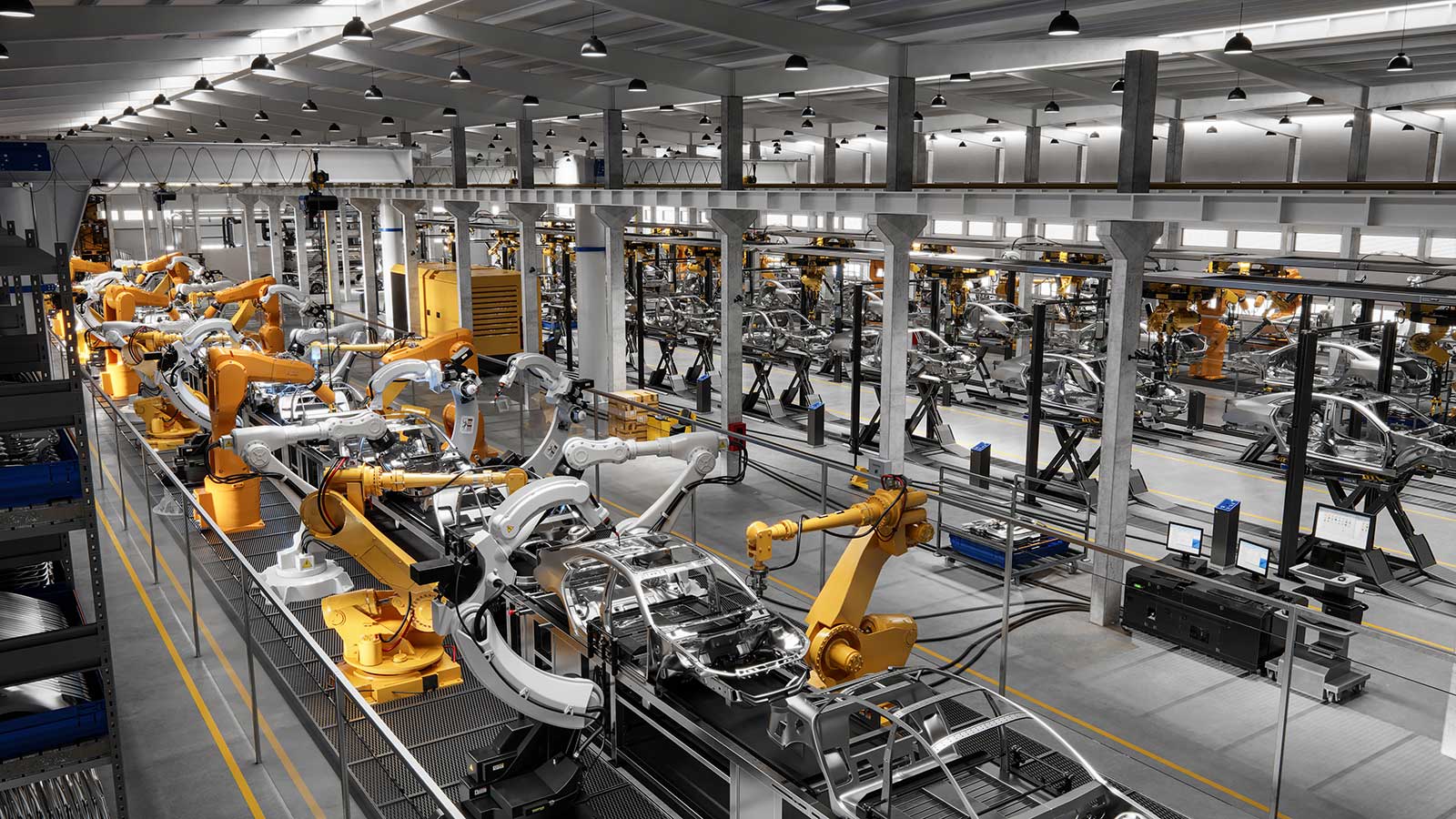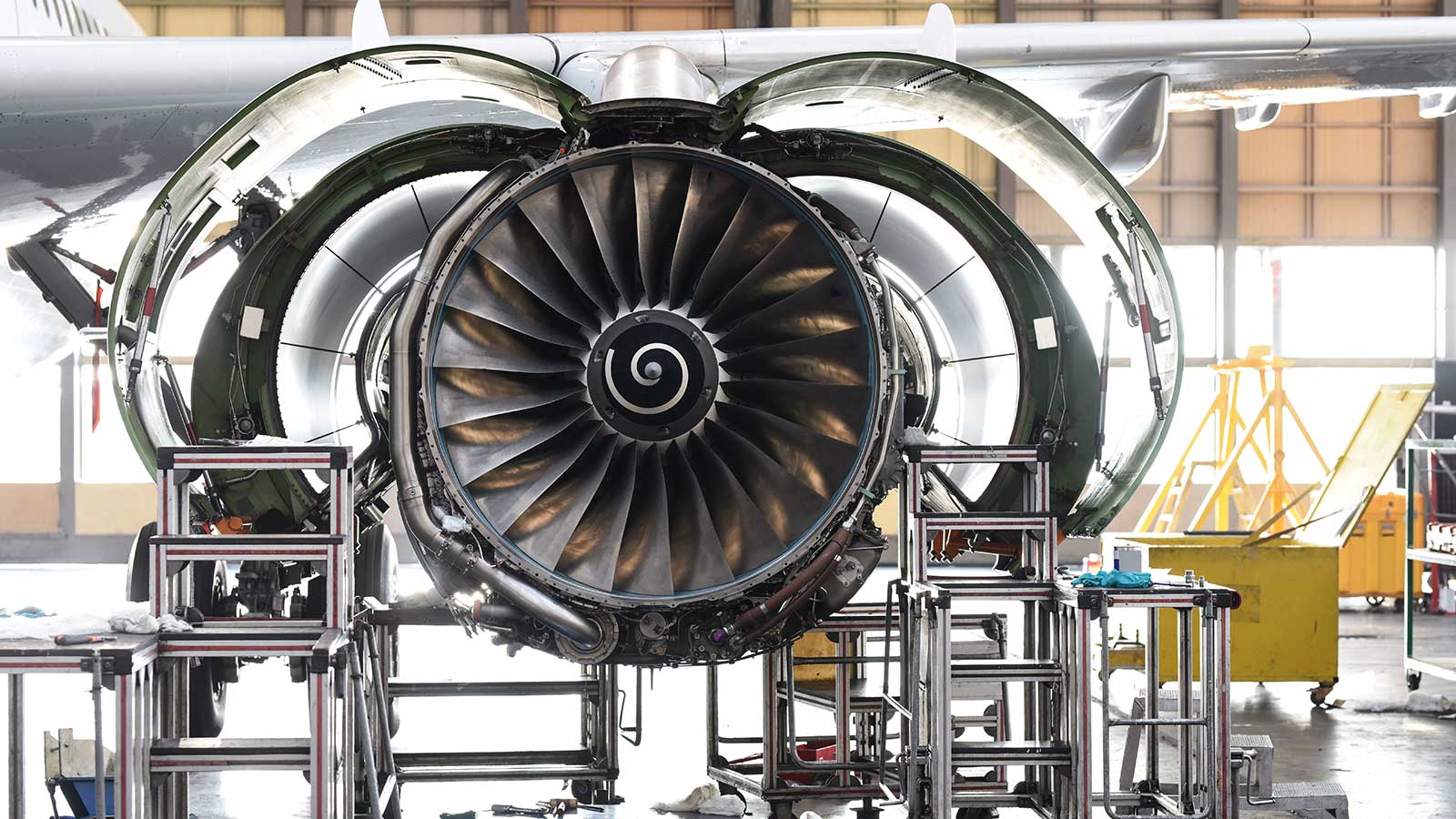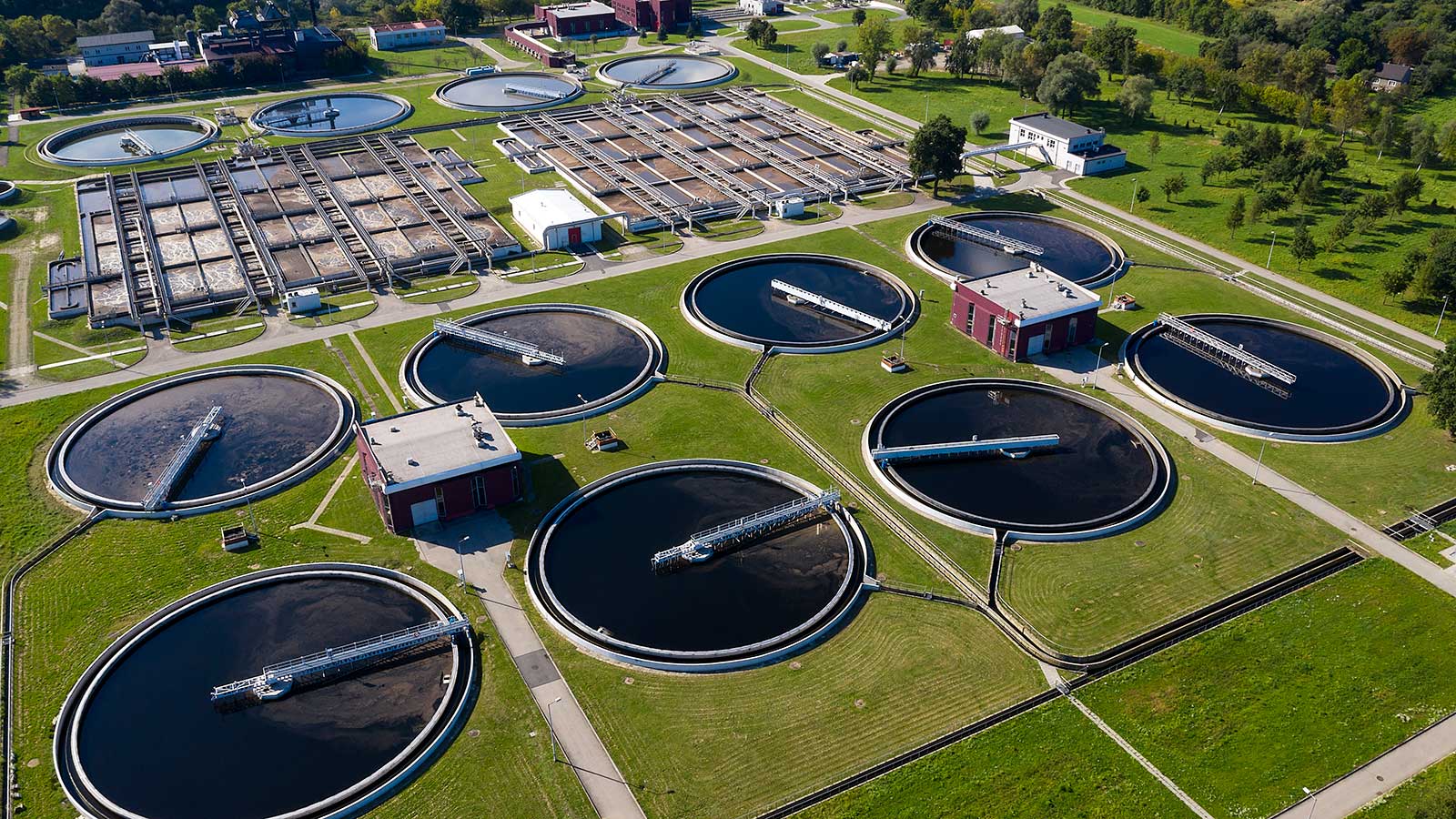Clarkson Common Experience
The following courses are required for all students, irrespective of their program of study. These courses are offered during the fall semester, with FY100 First-Year Seminar being required of only first-year students. Both FY100 and UNIV190 are typically taken during the fall semester of the first year at Clarkson.
FY100 First-Year Seminar (1 credits)
UNIV190 The Clarkson Seminar (3 credits)
Common First-Year Curricula
All students majoring in an engineering program offered by the Coulter School of Engineering and Applied Sciences (excluding engineering & management majors) take courses that are part of a common curricula during the first year. Therefore, students may defer the selection of a major field of study until the sophomore year. Beginning with the junior year, a significant amount of specialized material is incorporated into each curriculum. In the senior year, coursework is concentrated in the student’s chosen field. Courses in humanities and social sciences are taken throughout the 4-year program as part of the Clarkson Common Experience.
During the first year, students majoring in an engineering program offered by the Coulter School of Engineering and Applied Sciences (excluding engineering & management majors) must complete the following courses:
- CM131 General Chemistry I (4 credits)
- ES100 Introduction to Engineering Use of the Computer (2 credits)
- ES110 Engineering & Society (3 credits)
- MA131 Calculus I (3 credits)
- MA132 Calculus II (3 credits)
- PH131 Physics I (4 credits)
- PH132 Physics II
Core Requirements
Students majoring in mechanical engineering are required to complete the following courses:
- ES220 Statics (3 credits)
- ES222 Strength of Materials (3 credits)
- ES223 Rigid Body Dynamics (3 credits)
- ES250 Electrical Science (3 credits)
- ES260 Materials Science & Engineering I (3 credits)
- ES330 Fluid Mechanics (3 credits)
- ES340 Thermodynamics (3 credits)
- ES499 Professional Experience
- MA231 Calculus III (3 credits)
- MA232 Elementary Differential Equations (3 credits)
- MA330 Advanced Engineering Mathematics (3 credits)
- ME201 Introduction to Experimental Methods in Mechanical & Aerospace Engineering (1 credits)
- ME212 Introduction to Engineering Design (3 credits)
- ME301 Experimental Methods in Mechanical & Aerospace Engineering (1 credits)
- ME310 Thermodynamic System Engineering (or ME455 Vibrations & Control) (3 credits)
- ME324 Dynamical Systems (3 credits)
- ME326 Intermediate Fluid Mechanics (3 credits)
- ME341 Mechanics of Machine Elements (3 credits)
- ME401 Advanced Experimental Methods in Mechanical & Aerospace Engineering (1 credits)
- ME411 Introduction to Heat Transfer (3 credits)
- ME442 Engineering Analysis Using the Finite Element Method (3 credits)
- ME445 Integrated Design I (3 credits)
- ME446 Integrated Design II (3 credits)
- ME455 Mechanical Vibrations & Control (or ME310 Thermodynamic System Engineering) (3 credits)
Core Electives
The following are electives students are required to complete for the mechanical engineering major. Students must select a 3-credit engineering elective in mechanical engineering, aerospace engineering or engineering science. Typical courses include ME444 Computer-Aided Engineering (CAD), ME443 Optimal Engineering, ES380 Biomechanics, ME390 Additive Manufacturing or ME429 Welding and Metallurgy.
Professional Electives
This requirement can be satisfied with upper-division courses in mathematics, physics, other engineering disciplines and mechanical engineering (e.g., STAT383 Applied Statistics, MA339 Fourier Series and Boundary-Value Problems).
Knowledge Area/University Course Electives
Students majoring in mechanical engineering are required to take at least 15 credit hours to satisfy the Knowledge Area and/or University Course electives requirement. This, for mechanical engineering majors, must include ES110 Engineering & Society and a course in economics, such as EC350 Engineering Economics.
Free Electives
Students majoring in mechanical engineering have at least 6 credit hours available to use toward courses of their choice.






